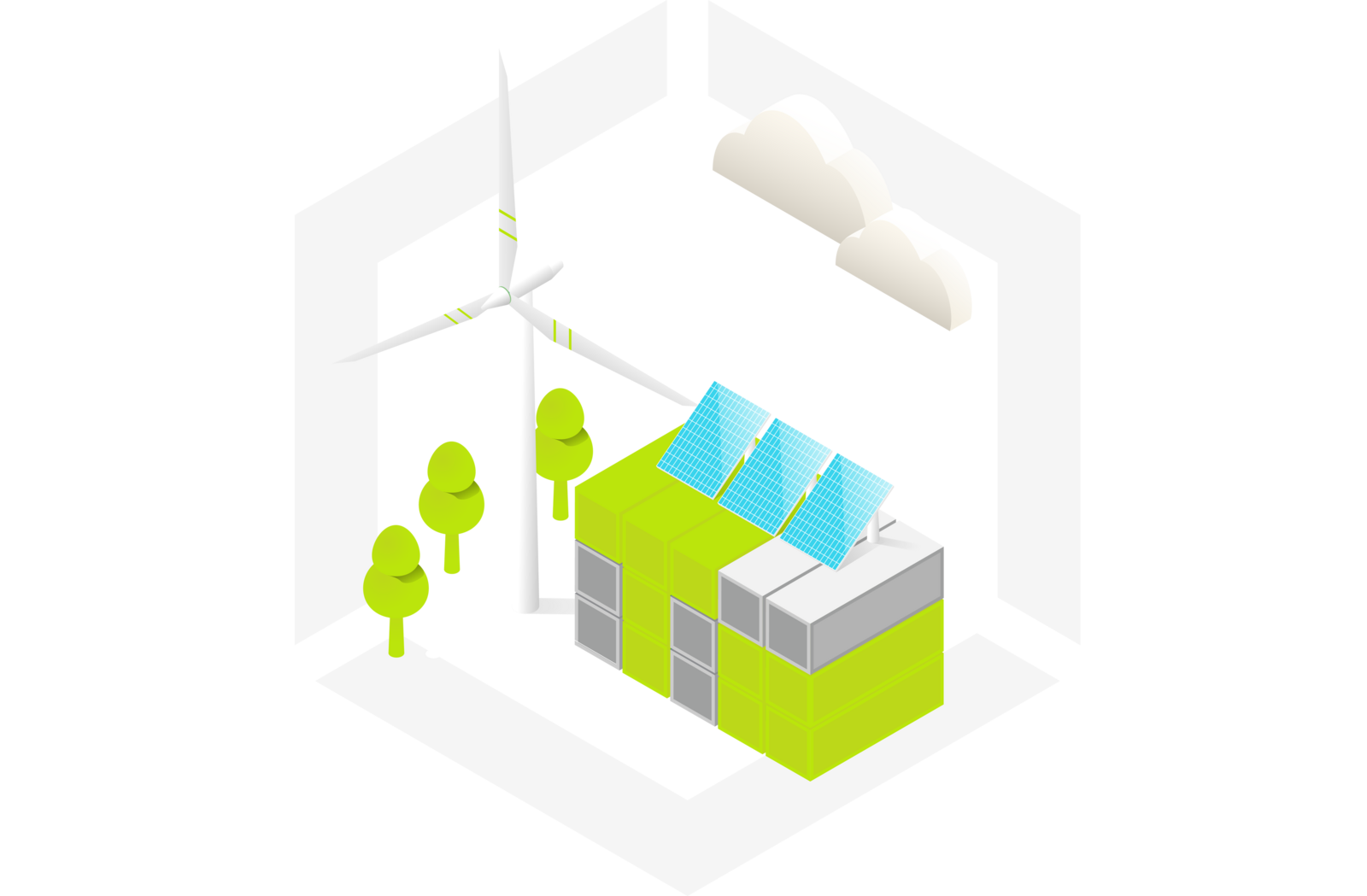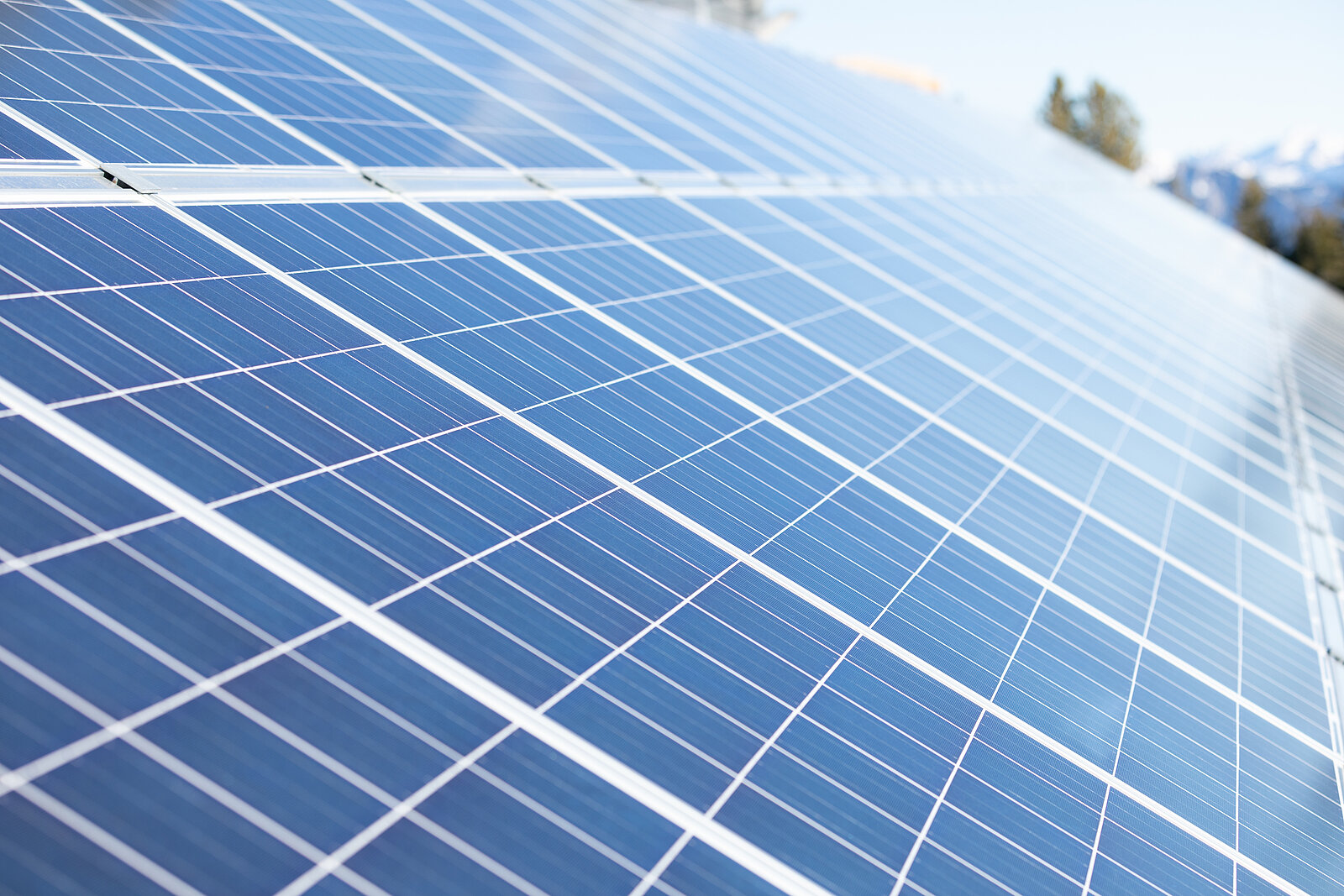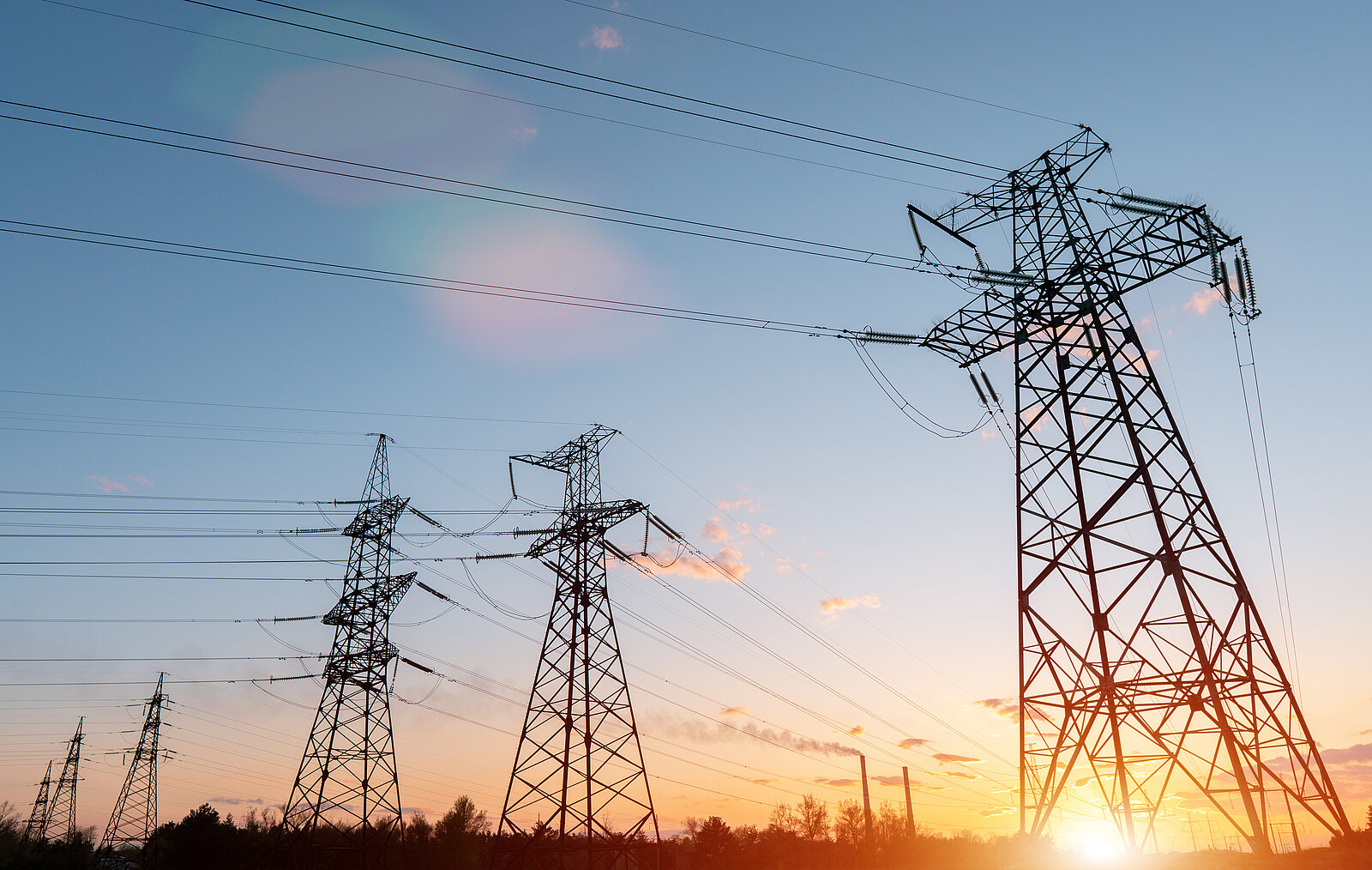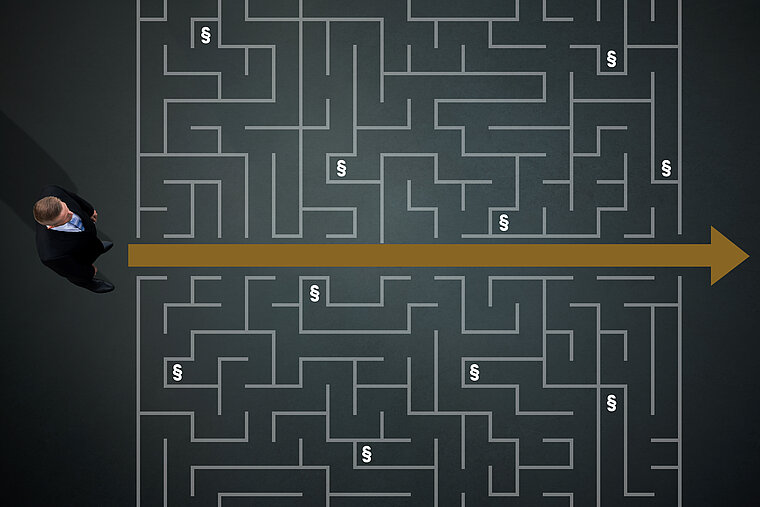New law to increase energy efficiency in Germany
The Energy Efficiency Act, which was passed on September 21, 2023 and confirmed by the Bundesrat on October 20, 2023, obliges data centers to save energy.
What does the law mean for existing data centers and what must be considered when a new data center is built?

Aktuelle Rechtslage und weitere Vorgaben durch das EED
Zusätzliche Anforderungen aus der neuen Energieeffizienz-Richtlinie (Energy Efficiency Directive, EED) der Europäischen Union, die erst nach dem Inkrafttreten des deutschen Energieeffizienzgesetzes veröffentlicht wurde, führen in der Branche vor allem zu rechtlichen Unsicherheiten. So unterscheiden sich die Gesetze:
| Energieeffizienzgesetz (EnEfG) | Energieeffizienz-Richtlinie (EED) |
|---|---|
| seit 17.11.2023 in Kraft | seit 14.03.2024 in Kraft |
| Die ersten Mechanismen gelten bereits ab 01.01.2024 | Die ersten Mechanismen gelten bereits ab 15.09.2024 |
| Gilt für 300 kW Anschlussleistung | Gilt für eine IT-Load ab 500 kW |
| Stellt Anforderungen an Reportingpflichten | Stellt Anforderungen an Reportingpflichten |
| Regelt den Energieeffizienzwert PUE | |
| Stellt Untergrenze für die Abwärmenutzung |
To which data centers does the EnEfG apply?
The resolutions of the Energy Efficiency Act have far-reaching effects on the industry. They affect all data centers with a connected load of 300 kW or more.
Are you affected by the law and need help with further planning or have further questions about the law? Use our configurator or get a non-binding consultation:

EnEfG Cheat Sheet
Would you like to be informed at a quick glance? We offer you all the information in a compact overview as a download. Here you will find a clear overview of all the periods and measures of the Energy Efficiency Act.








